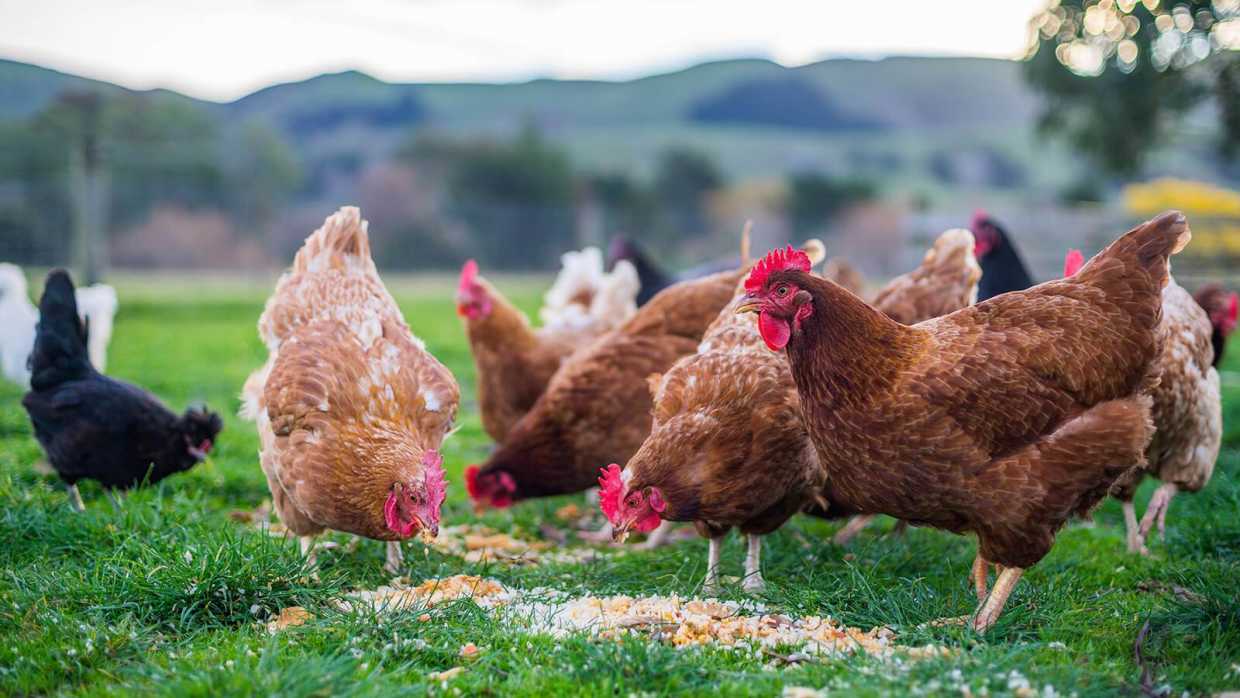The practice of administering antibiotics to livestock in order to prevent illness and promote growth has begun to capture the public’s attention—and cause consumer demand for antibiotic-free meat. Did you know that approximately 80% of antibiotics used in the United States are given to livestock as a disease preventative or in order to promote growth? While using antibiotics to help heal sick animals is completely understandable—and what they’re intended to do—the excessive use of them is a direct result of the cramped, stressful and often unsanitary conditions of conventional factory farming, and is causing some major problems.
Mainly, bacteria evolves to resist antibiotics, resulting in the emergence of new, resilient bacteria. Since these organisms are not killed by the antibiotics, they can be transmitted to humans and pets through contaminated food. The evolved bacteria is harder to exterminate; thus, it becomes a bigger problem than the bacteria the antibiotics were meant to kill, in the first place.
Of course, there are different types of antibiotics that can be used to treat infection, if a particular one proves ineffective. But these “resistant” genes can be passed on to other bacteria, resulting in the production of superbugs: bacteria that is unresponsive to multiple types of antibiotic treatments. These can cause a major problem in healthcare as we know it.
At the FDA’s request, certain antibiotics, particularly ones that are primarily used as growth agents, are being phased out of the diets of “food animals.” In the world of medicine, these antibiotics are crucial, and if they become ineffective to evolved bacteria, common ailments that have previously been treatable with antibiotics, could become life-threatening.
Here’s the good news: demand is increasing for antibiotic-free meat. As awareness spreads, consumers are becoming more proactive in asking for healthier meat for themselves and their pets. Programs like Certified Humane develop strict health standards and prohibit the use of preventative antibiotics to be part of their program. As the movement continues to go mainstream, huge food retailers, including fast-food chains McDonald’s, Chipotle, and Subway, have put plans into place to phase out antibiotic-fed meat on their menus.
This means that some meat suppliers are going to have to make big changes to their farming practices, potentially resulting in: individualized care and treatment of animals, administering medicine only to those in need; better access to qualified experts who would also monitor the animals’ well-being; the end of confinement feeding, when animals are kept in small, crowded spaces where bacteria can easily spread. All these practices would help prevent the contagion of bacteria, diminishing the need for the overuse of antibiotics while simultaneously, promoting animal welfare.
It’s a good thing that the public has become more aware of the implications of purchasing meat raised with antibiotics. As consumers continue supporting brands that produce antibiotic-free food, the demand rises; and the higher the demand, the faster changes will be made.
